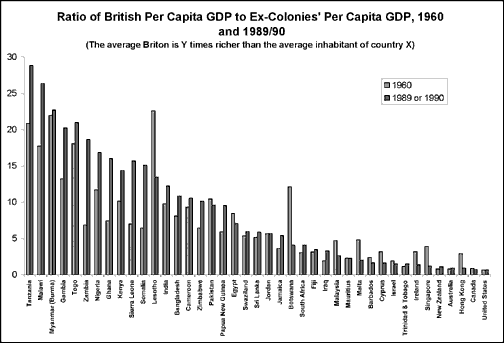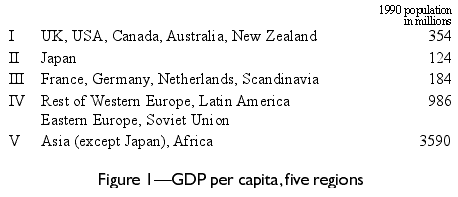Frank Rich notes (“The Peculiar Disappearance of the War in Iraq“) that the Iraq occupation has been going so badly for so long that Americans are tired of hearing about it:
CNN will surely remind us today that it is Day 20 of the Israel-Hezbollah war — now branded as Crisis in the Middle East — but you won’t catch anyone saying it’s Day 1,230 of the war in Iraq. On the Big Three networks’ evening newscasts, the time devoted to Iraq has fallen 60% between 2003 and this spring.
This is happening even as the casualties in Iraq, averaging more than 100 a day, easily surpass those in Israel and Lebanon combined.
President Bush at last started counting those Iraqi bodies publicly — with an estimate of 30,000 — some seven months ago. (More recently, The Los Angeles Times put the figure at, conservatively, 50,000.)
Niall Ferguson is one of the few supporters of the Iraq invasion whose writing is worth reading. He argues that a US-led classical liberal empire should dominate the world, as the British Empire once did.
Back in 2003 Ferguson participated in a fascinating debate on “The British Empire and Globalization,” in which he concluded that “British rule was on balance conducive to economic growth.” Evidence includes the British Empire’s encouragement of free trade, British institutions’ wealth-creation record, and the failure of post-colonial economies to match Britain’s economic growth rate. Ferguson sites Jeffrey D. Sachs and A. M. Warner’s 1995 paper, “Economic Reform and the Process of Global Integration,” [pdf file here], which found that among poor countries in the ’70s and ’80s, “the open economies grew at 4.49% per year, and the closed countries grew at 0.69% per year.” Since economic openness encouraged economic growth in the ’70s and ’80s, it probably did the same in earlier times, and since the British Empire enforced economic openness it probably encouraged economic growth.
Ferguson and his critics agree that the “white dominions” (Canada, Australia, and New Zealand), the United States, and Britain itself — nations founded on British institutions and predominantly peopled by the British and their descendants — are some of the world’s most economically successful nations.

Finally, Ferguson points to the post-colonial period of 1960-1989/90, during which time the wealth gap between the British and the citizens of most of its former colonies grew.

Robert E. Lucas, Jr. destroys these arguments, at least as they might relate to an American empire. He does this by separating the primarily British-settled regions (UK, US, Canada, Australia, and New Zealand) from the British colonies in Africa and Asia. From 1750 to 1950, the latter group’s living standards matched those of the other African and (non-Japanese) Asian countries, that is, people lived at just above subsistence level, which Lucas notes is the norm for traditional agricultural societies. This impoverishment lasted through the entire two centuries of colonization, during which Europe’s Industrial Revolution occurred. In post-colonial era, the decades after 1950, the per capita gdp of Asians and Africans more than tripled.


The main remaining argument for the US occupation of Iraq is that it helps Iraqis but historically foreign occupation has not brought economic benefits, at least, to the conquered. The fact that the huge and mature British economy grew faster in the post-colonial period than did the much smaller economies of the former colonies demonstrates that conquest is, at least, not necessary for economic growth.



